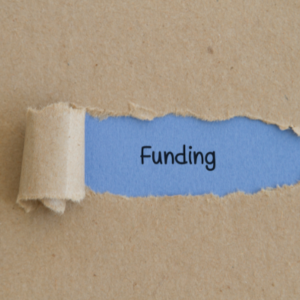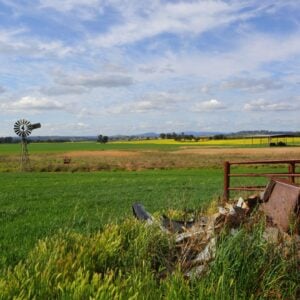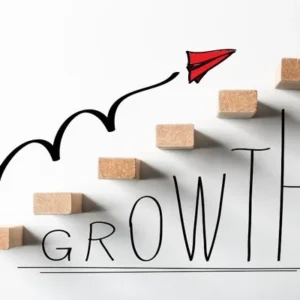Concessional financing from the African Development Fund (ADF) has played a transformative role in reshaping Zambia’s agriculture and education sectors, fostering peace, prosperity, and regional competitiveness. During a recent visit to Zambia’s capital, Lusaka, ADF deputies gathered for discussions on the Fund’s 17th replenishment and toured two major project sites — the Nitrogen Chemicals of Zambia (NCZ) fertilizer blending plant in Kafue and the upgraded facilities at the University of Zambia. The visits highlighted how ADF investments are driving tangible progress in food security and education infrastructure, with strong commendations from government officials.
Established in 1972, the ADF is the concessional financing arm of the African Development Bank Group and supports 37 low-income countries, nearly half of which are affected by fragility or conflict. Zambia’s Agriculture Minister, Reuben Mtolo Phiri, described the Bank as a vital partner in helping the country transition from drought conditions to achieving surplus food production. He emphasized that the new fertilizer blending and granulating facilities represent more than just a financial investment — they are an investment in the nation’s farmers, economy, and future. With the new capacity, Zambia aims not only to meet domestic fertilizer demand but also to enter export markets by 2025–2030, strengthening its position in the regional agricultural value chain.
According to Marie-Laure Akin-Olugbade, Senior Vice President of the African Development Bank Group, Zambia produced over 3.7 million metric tons of food in the 2024/25 season — far exceeding its national requirement of 2.5 million tons. The Zambia Emergency Food Production Initiative, backed by ADF support, has reached nearly 5,900 farmers—over half of them women—with certified seeds and fertilizer via the ZIAMIS digital platform. An additional 9,000 farmers are expected to benefit from around $35 million in financing this season. A crucial $1.3 million investment from the Fund has also set Zambia on a path toward fertilizer self-sufficiency, with projected cost reductions of up to 40%, a significant boost for smallholder farmers.
In the education sector, the Support to Science and Technology Education Project, also funded by the ADF, is modernizing the University of Zambia’s learning environment. Vice Chancellor Professor Mundia Muya noted that lecture halls and laboratories that were once in poor condition have been fully refurbished, creating a more conducive atmosphere for research and teaching. The initiative has expanded access to tertiary and technical education to over 250,000 students, significantly enhancing human capital development in the country.
Zambia’s Minister of Technology and Science, Felix Mutati, underscored the broader societal impact of these improvements, emphasizing that quality education fosters peace, stability, and social harmony. Akin-Olugbade also linked Zambia’s progress to the broader Africa Emergency Food Production Facility, which supports 20 million farmers across the continent and aims to produce 37 million tons of food. She stressed that the initiative is not only about emergency relief but about building a resilient, private-sector–driven agricultural system that reduces import dependency and empowers local farmers.
The ADF-17 replenishment meeting, held in Lusaka from October 7 to 9, set the stage for further dialogue on expanding the Fund’s development impact, with a final pledging session scheduled for December 2025. Through its ongoing support, the African Development Fund continues to play a central role in driving sustainable growth, food security, and educational advancement across Zambia.







